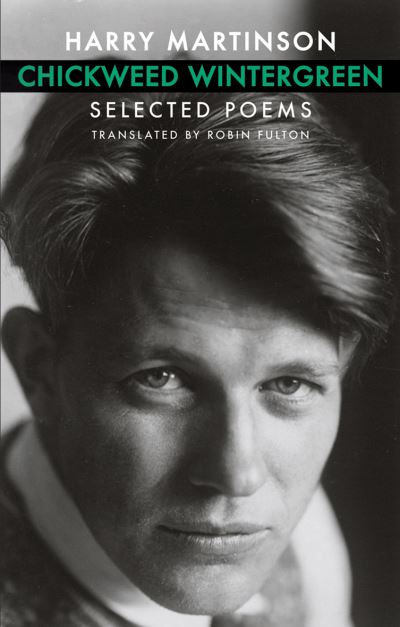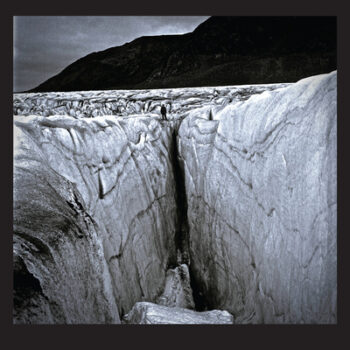Description
Harry Martinson (1904-78) sailed the oceans from 1920 to 1927 as an escape from an unhappy childhood in rural southwest Sweden. Returning to his native tracts, he devoted himself to writing and eventually became one of the best-known authors of his time, his books appealing widely both to academics and to the general reader. His election to the Swedish Academy in 1949 was seen as a gesture towards a generation of more or less self-educated working-class writers, and he shared the 1974 Nobel Prize in Literature with novelist Eyvind Johnson. Sections of the Swedish press responded with such vehemence to the way Academicians had rewarded two of their own that Martinson vowed never to publish again, and his last years were darkened by despair and depression as his view of the world became bleaker. His books reflect his upbringing, his travels and his interest in science and social questions. His poetry has many strands but the one most often admired is that which combines close scrutiny of the small events of the natural world with an intense awareness of cosmic distances in time and space. While his prose books have reached a wide readership in several languages, Martinson’s poems have appeared only sporadically in English. Robin Fulton’s translations provide the first substantial selection of Harry Martinson’s poetry for English-language readers. His edition has an introductory essay by Staffan Soderblom, was a Poetry Book Society Recommended Translation and won him the Bernard Shaw Prize for Swedish Translation.





